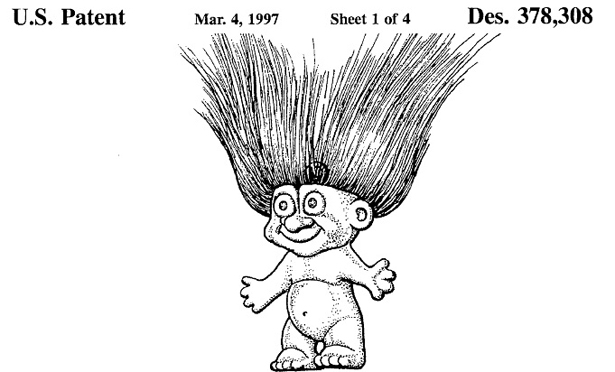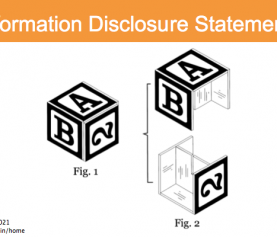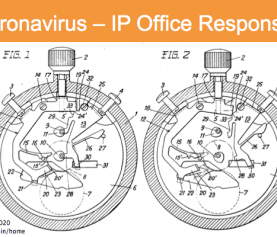What is a patent troll?
The term “patent troll” is common now. News outlets are filled with pundits denouncing “trolls.” But what does the term mean? Where did it come from, and why is it used so much? And is it anything more than marketing?
Why is “patent troll” used so often?
Patent troll is a catchy phrase. It grabs everyone’s attention, because it evokes a mythical troll, a greedy creature that lives under a bridge and demands money from anyone who wants to use its property. It’s a great bit of branding — see below for its origins — but that’s all it is.
Why calling anyone a “patent troll” is great branding
Paper pusher. Bean counter. Ambulance chaser. Pill pusher. Glad-hander. Snake-oil salesman. What do these terms have in common? All are quick phrases that tar with a broad brush both legitimate and some undesirable activities of a group of professionals.
Sure, accountants and quality-control personnel are essential to a company’s profitability, and nearly every company relies on sales staff, and anyone who has been harmed by a careless or reckless company or employee deserves to be compensated — but if you want to disparage accountants, salesmen, or lawyers, it’s easy. People will nod in agreement. “Patent troll” works the same way.
What “patent troll” supposedly means
As the term is used commonly, a “patent troll” is someone who, like a mythical troll, controls a patent and demands money from all who do anything even a bit related to the patent. In the public perception, these patents are generally low-quality patents: supposedly obvious or not new. In this New York Times profile of a company whose business model is asserting patent rights, patent trolls are defined as “people who sue companies for infringement, often using patents of dubious value or questionable relevance.” Other definitions, such as this from Wikipedia, suggest that a patent troll “enforces patent rights against accused infringers in an attempt to collect licensing fees, but does not manufacture products or supply services based upon the patents.“
The problems with those definitions?
The company being sued is always going to say the patent is “of dubious value or questionable relevance” — try to imagine them saying otherwise. As for the Wikipedia definition: patent holders are not required to make the product or service they patented. You’re allowed to enforce your patent rights, whether or not you make a product. And when you take away that part of the Times’ definition of “patent troll”, all we’re left with is “people who sue companies for infringement.”
What “patent troll” actually means
That’s all patent troll means: someone who sues you. If someone is suing you, calling them a “patent troll” is a dog-whistle to get sympathy, just as calling an accountant a “bean counter” is a way to get sympathetic nods. The term “patent troll” is just marketing.
Where did “patent troll” come from?
The term seems to have been minted by attorneys (or an attorney’s spouse) at Intel in 1999, as recounted here. Intel was being sued repeatedly for infringement, and understandably, didn’t like it. They came up with the term as a way to describe the companies suing them in an unfavorable light. And it works, as marketing: it brands every patent-holder alleging infringement as a greedy creature intent on making money from something it didn’t create. Though to be fair, Intel seems to have stopped using the term, having realized that it is inaccurate — which is the same reason that I won’t use it, and refer to it in quotes.
Have questions?
If you have questions about “patent trolls,” or companies or business models referred to as non-practicing entities, patent holding companies, or patent assertion entities, I’d be glad to hear from you. You can reach me through my contact-me form, or at 617-340-9295.







